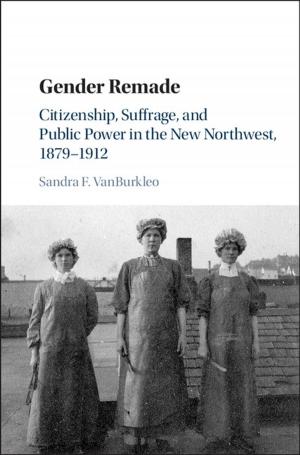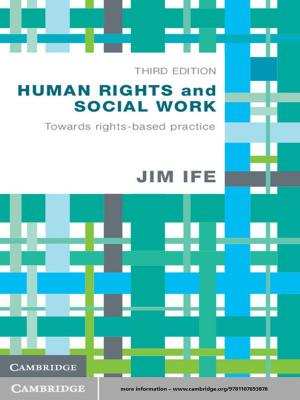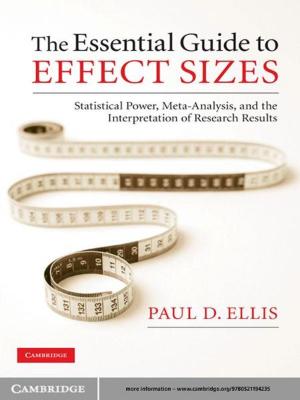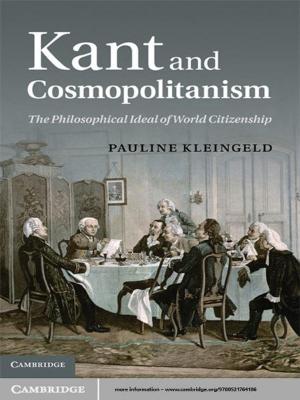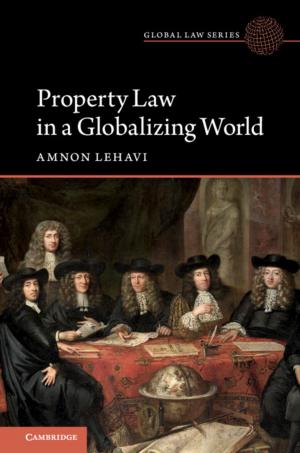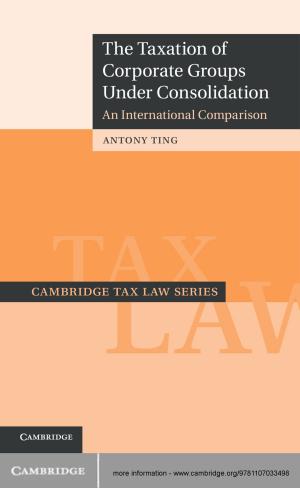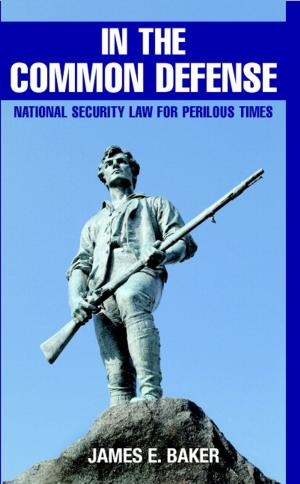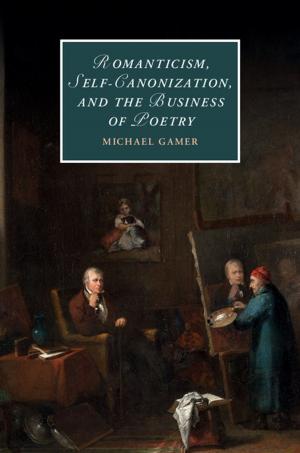Secession on Trial
The Treason Prosecution of Jefferson Davis
Nonfiction, History, Americas, United States, 19th Century, Reference & Language, Law| Author: | Cynthia Nicoletti | ISBN: | 9781108244190 |
| Publisher: | Cambridge University Press | Publication: | October 13, 2017 |
| Imprint: | Cambridge University Press | Language: | English |
| Author: | Cynthia Nicoletti |
| ISBN: | 9781108244190 |
| Publisher: | Cambridge University Press |
| Publication: | October 13, 2017 |
| Imprint: | Cambridge University Press |
| Language: | English |
This book focuses on the post-Civil War treason prosecution of Confederate President Jefferson Davis, which was seen as a test case on the major question that animated the Civil War: the constitutionality of secession. The case never went to trial because it threatened to undercut the meaning and significance of Union victory. Cynthia Nicoletti describes the interactions of the lawyers who worked on both sides of the Davis case - who saw its potential to disrupt the verdict of the battlefield against secession. In the aftermath of the Civil War, Americans engaged in a wide-ranging debate over the legitimacy and effectiveness of war as a method of legal adjudication. Instead of risking the 'wrong' outcome in the highly volatile Davis case, the Supreme Court took the opportunity to pronounce secession unconstitutional in Texas v. White (1869).
This book focuses on the post-Civil War treason prosecution of Confederate President Jefferson Davis, which was seen as a test case on the major question that animated the Civil War: the constitutionality of secession. The case never went to trial because it threatened to undercut the meaning and significance of Union victory. Cynthia Nicoletti describes the interactions of the lawyers who worked on both sides of the Davis case - who saw its potential to disrupt the verdict of the battlefield against secession. In the aftermath of the Civil War, Americans engaged in a wide-ranging debate over the legitimacy and effectiveness of war as a method of legal adjudication. Instead of risking the 'wrong' outcome in the highly volatile Davis case, the Supreme Court took the opportunity to pronounce secession unconstitutional in Texas v. White (1869).


